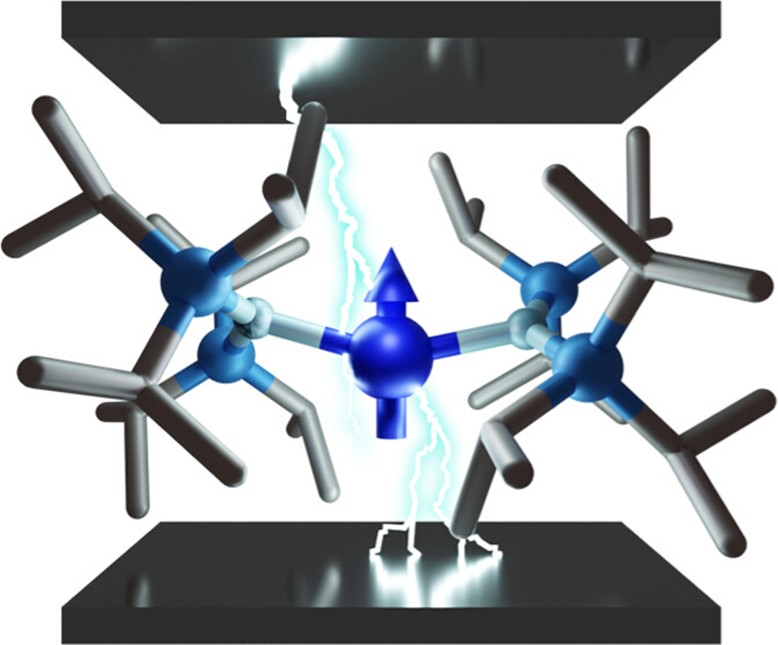Electric-field manipulation of molecular qubits (opportunity for joint project with Prof. Nick Cox)
This project aims to design and build an electric-field cell for nanoscale manipulation of molecular qubits using pulsed electric fields. Integrated with EPR spectroscopy, the device will enable precise quantum control, advancing scalable quantum information technologies.
Groups
Project status
Content navigation
About
Quantum information science is poised to transform our lives, including exponentially faster computing for select tasks, unbreakable encryption and ultra-precise measurement. All applications involve performing operations on quantum bits (qubits), which are two-state (or two-level) quantum systems: the simplest example is an electron spin in a magnetic field. However, those operations usually involve applying pulsed magnetic fields, but magnetic fields cannot be confined to the nanoscale, and thus we can’t use this approach to manipulate individual molecular qubits. Recently we’ve developed techniques to determine how molecular spins can be manipulated using pulsed electric fields instead (J. Am. Chem. Soc., 2024, 146, 25841), which can be confined to the nanoscale. Now, we are building a device that we can use to perform such an experiment. In this project, a student will design, construct and test an electric-field cell that can be used in conjunction with an EPR spectrometer to detect the signals of the molecular qubits.

